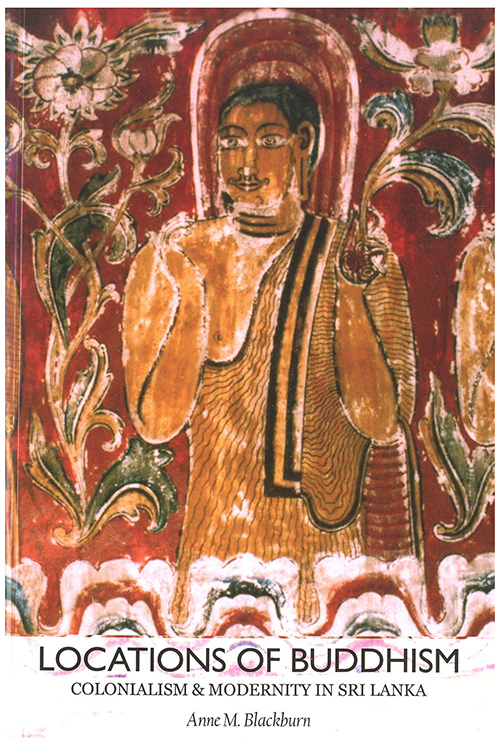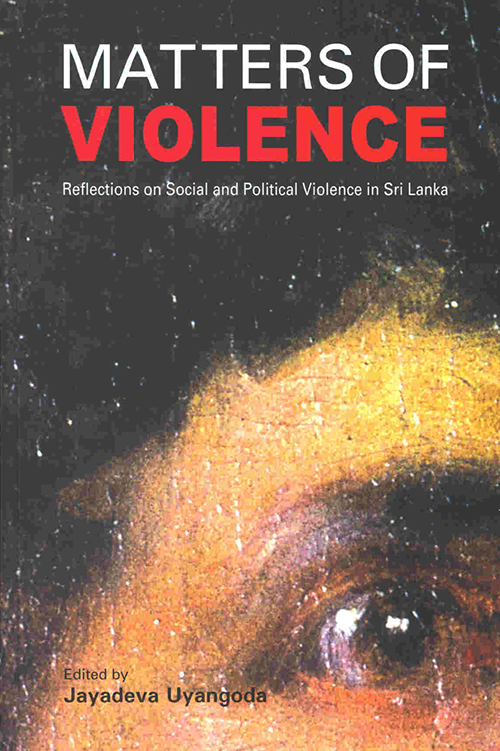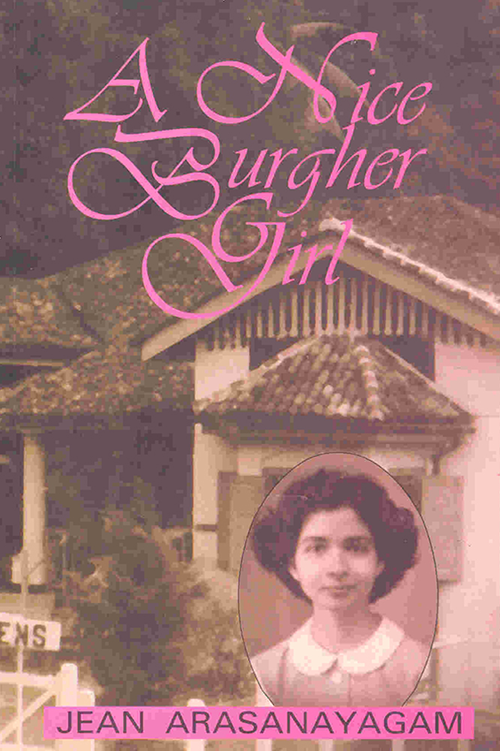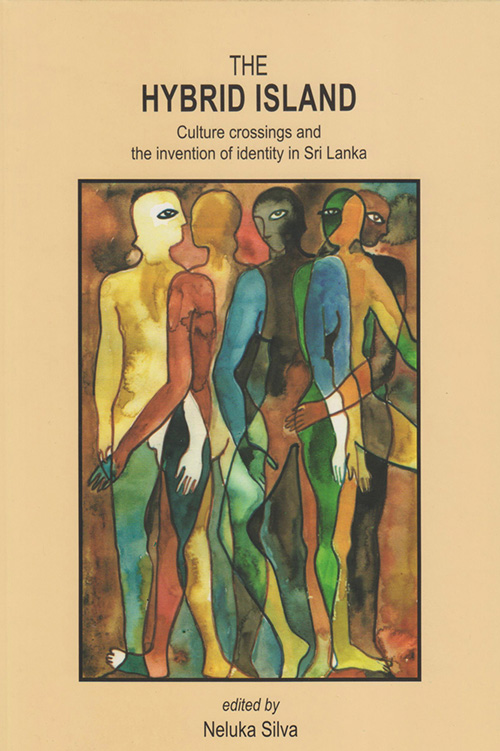Description
Metallic Modern
Everyday life in the Crown colony of Ceylon (Sri Lanka) was characterized by a direct encounter of people with modernity through the consumption and use of foreign machines – in particular, the Singer sewing machine, but also the gramophone, tramway, bicycle and varieties of industrial equipment. The ‘metallic modern’ of 19th and early 20th century Ceylon encompassed multiple worlds of belonging and imagination; and enabled diverse conceptions of time to coexist through encounters with Siam, the United States and Japan as well as a new conception of urban space in Colombo. Metallic Modern describes the modern as it was lived and experienced by non-elite groups – tailors, seamstresses, shopkeepers, workers – and suggests that their idea of the modern was nurtured by a changing material world.
NIRA WICKRAMASINGHE is Professor and Chair of Modern South Asian Studies at Leiden University in the Netherlands. Her most recent books are Sri Lanka in the Modern Age: A History of Contested Identities (2006) and L’Invention du Vêtement National au Sri Lanka: Habiller le corps colonisé (2006).





